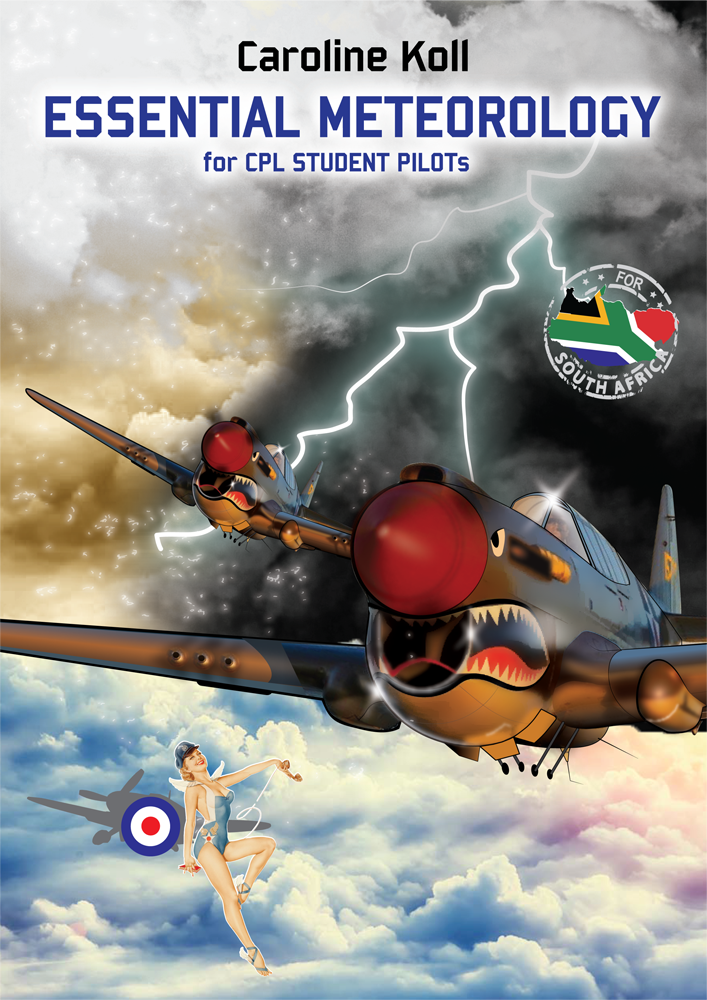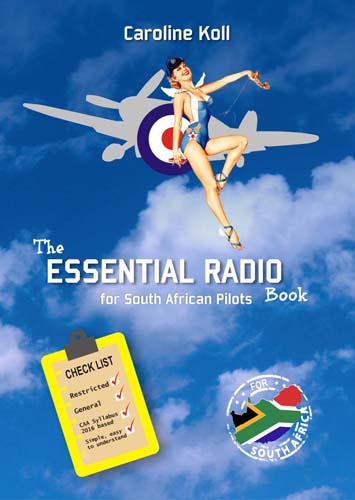
If you think that frequently practising your precautionaries, and forced landings, is good preparation for the unlikely event that you find yourself in an emergency situation, you would be correct. Having your procedures come to mind instinctively, when you need to take action, is of the utmost importance. However, is there anything else you can do to prepare adequately for an emergency? The answer is yes! A recent talk by Danie Heath (ATC and SASSAR) that I attended, revealed quite a few things that I had never thought of, so I thought I would share some with you. Some of what you read below may come as a surprise, but for certain, you’ll pick up something you never thought of that could save a life.
Before you depart on your flight:
- Tell someone where you are going. If you don’t want to tell the entire truth for whatever reason, make sure that someone you can really trust, like a pilot friend, knows what your real intentions are.
- Notify your support base of your ETA. Make sure that someone knows when to expect you at your destination or your return to base. A quick text message literally takes seconds once you are safely parked.
- File a Flight Plan. Besides reducing your workload as ATC and FIS will know exactly who you are, as well as the intentions of your flight, therefore reducing radio communications, should your aircraft go down, search and rescue (SAR) will know exactly where to start looking for you. Time is of the essence – a 5 minute call to file a flight plan could save your life!
When to declare an emergency:
There is a distinct difference between a life threatening emergency and an urgent situation. Declaring your situation correctly over the radio will ensure that you receive the right help. A ‘PAN’ situation is an urgent situation that requires attention but is not life threatening. For example, a sick passenger, a door opening in flight, aircraft parameters that are exceeding the norms and even a forced landing situation where you have a clear, suitable landing spot and are sure of being able to land safely. The call is made by stating ‘PAN, PAN, PAN’.
A ‘MAYDAY’ situation is far more serious, where there is a threat to life, and immediate assistance is required. Examples of this would be engine fire, structural failure or a forced landing situation where a suitable landing field is in doubt. Although this situation can be very stressful, and apart from saying ‘MAYDAY, MAYDAY, MAYDAY’, stating your call sign, nature of your emergency, approximate location will ensure that help reaches you faster. Other information such as persons on board are especially important if you have time. A simple ‘MAYDAY’ provides little information of who you are and where you might be.
Emergency equipment
By law, every aircraft is compelled to carry certain emergency equipment such as first aid kit, strips and fire extinguishers, but do you know how to use these, or have you followed a basic first aid course? Personally, I think that knowing basic first aid and CPR is a necessary life skill, not just for pilots.
Stuff emergency survivors wished they had:
- Emergency Locator Transmitter (ELT) If your aircraft doesn’t have one, consider a personal one that you can carry with you.
- Cell phone
- Portable power bank – It doesn’t aid communications if your cell phone battery dies…
- Space blanket – Small, and easily packed in your flight bag, it can not only save you from the elements, but is also reflective, which can alert searchers to your position.
- Matches / Lighter – In case you need to light a fire to mark your location.
- Mirror – A small mirror can also serve as an effective reflector.
- Water – Always carry water with you. You cannot survive without water.
- Snacks – A few non-perishable energy bars stored in your aircraft or bag can prove a life-saver for those suffering shock.
These things all take little effort and cost a lot less than a life, so consider these next time you go and fly! From Essential Pilot we would like to thank Danie Heath and Santjie White from SASSAR who look after our skies and so generously offer their insights and time in educating us all.
Students! Got a question or topic you're stuck on?
Let us post the explanation…



